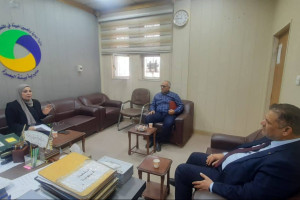
The lecturer at the Marine Science Center, A.M. Arafat Rajab Ahmed, participated as a member and supervisor in the discussion committee of the doctoral student at the University of Basra, College of Agriculture, Department of Fisheries and Marine Resources, Zahraa Muhammad Redha Muhammad Saeed
About her thesis entitled (The effect of the medicinal herb Qanqina on the growth and general health of common carp fish.
The study aimed to evaluate the effectiveness of the medicinal plant Qanqina (leaves, stems and roots) as a nutritional supplement for common carp fish, and its effect on growth parameters and the chemical composition of the fish body and some blood and biochemical parameters, the effectiveness of antioxidant enzymes and autoimmune enzymes, in addition to the histological examination of the intestines and the numbers of intestinal flora. As well as knowing the antibacterial properties of the plant in laboratory conditions (effectiveness against pathogenic bacteria Aeromonas sobria and Staphylococcus aureus). In addition to evaluating the condition of the fish after the feeding experiment through the oxygen deficiency test, as well as knowing the chemical composition of the plant using the gas chromatography - mass spectrometry technique to determine the compounds responsible for the biological activities.
Gas chromatography analysis revealed - Mass spectrometry The presence of many biologically active compounds in the leaves, stems and roots of the genus ginseng such as vitamin E, hexadecanoic acid, echnol, stagmasterol, vanillin, thymol, benzoic acid and others. These compounds belong to different groups such as vitamins, phenols, flavones, glycosides and others. These compounds have many biological activities such as enhancing immunity, antioxidant activity, anti-inflammatory and antimicrobial properties. The study concluded that the genus ginseng is a suitable substance to be added to the feed formula and contributes to the sustainability of aquaculture, as the use of genus ginseng powder at a concentration of 6 g/kg has the best properties in promoting growth, improving antioxidants and enhancing immunity in fish farms. Therefore, it can be considered a natural product used in the fish diet as an alternative to antibiotics to care for fish and ensure their safety from diseases. The study recommended increasing awareness campaigns for farmers about the risks of harmful side effects of using antibiotics in preventive doses in aquaculture projects and replacing them with natural, environmentally friendly products that work to improve the immune system of fish.
Media of the Marine Science Center



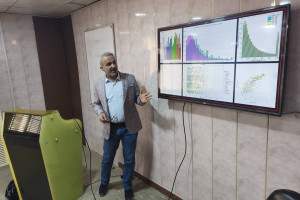
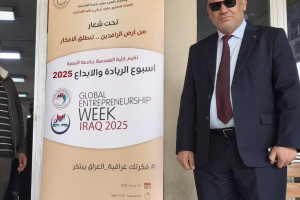
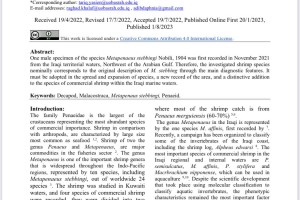
.jpg)
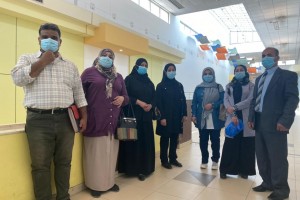
.png)